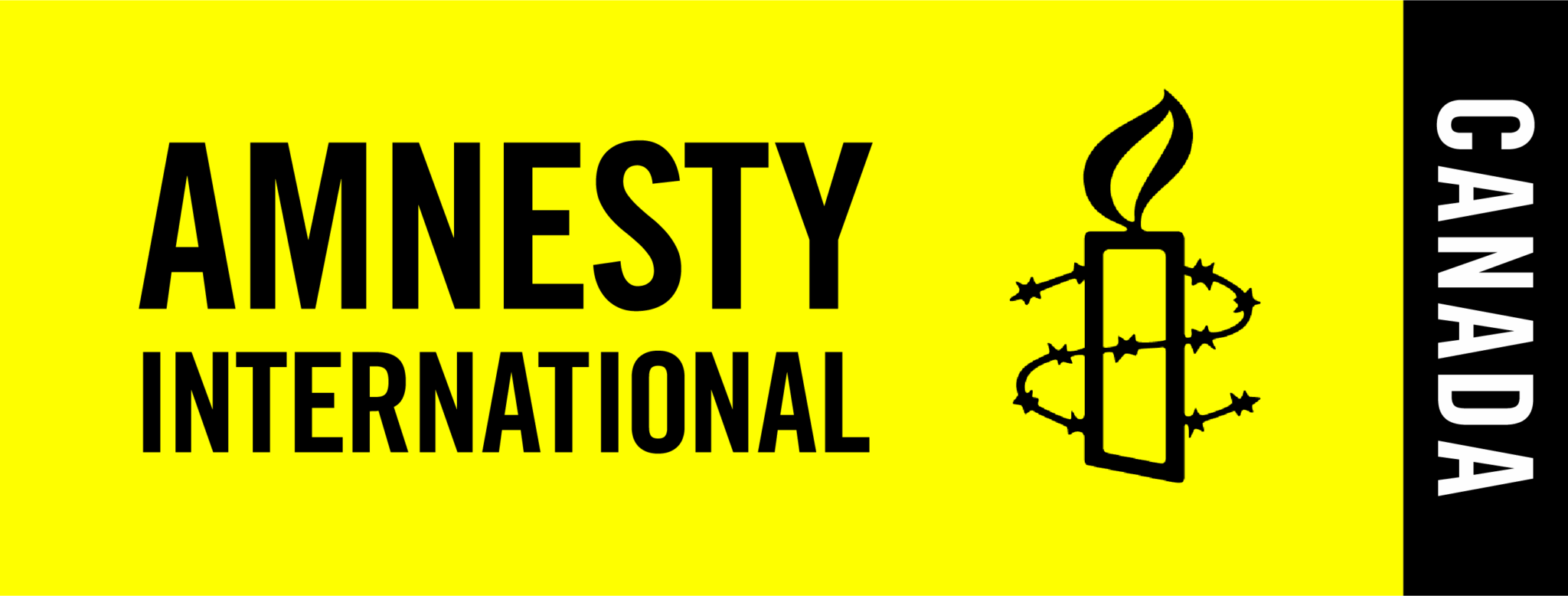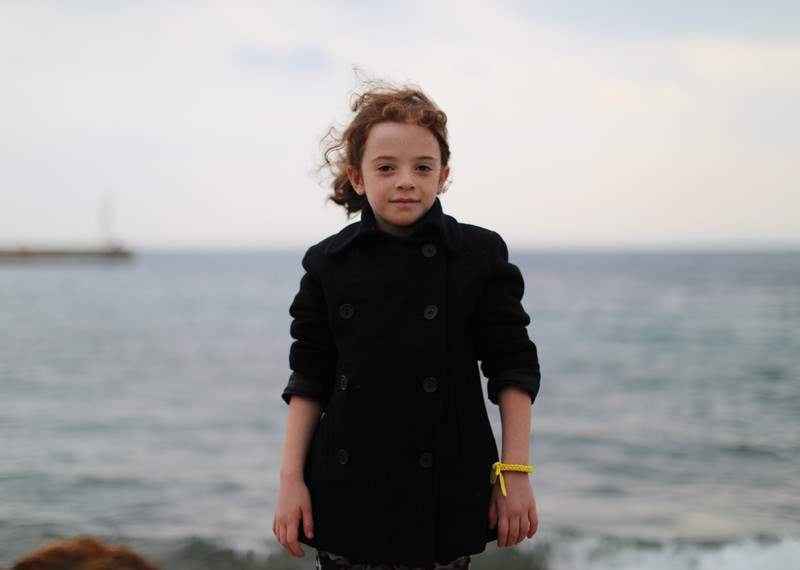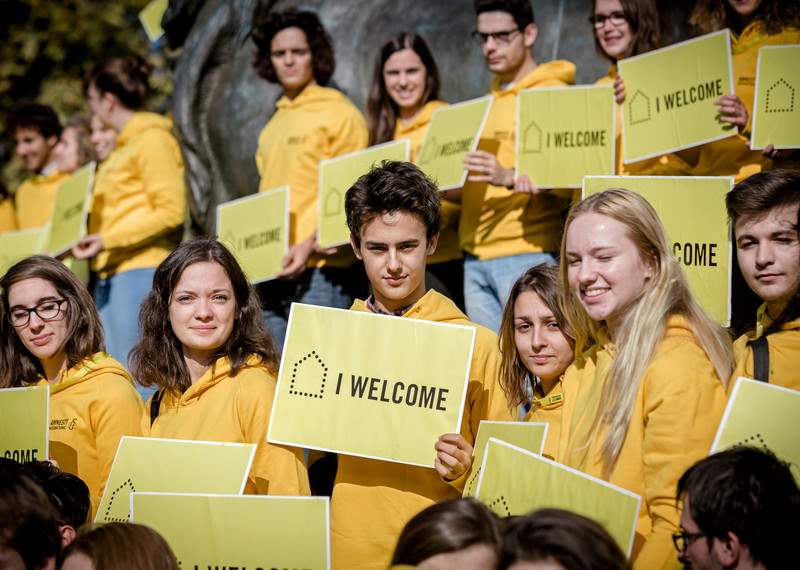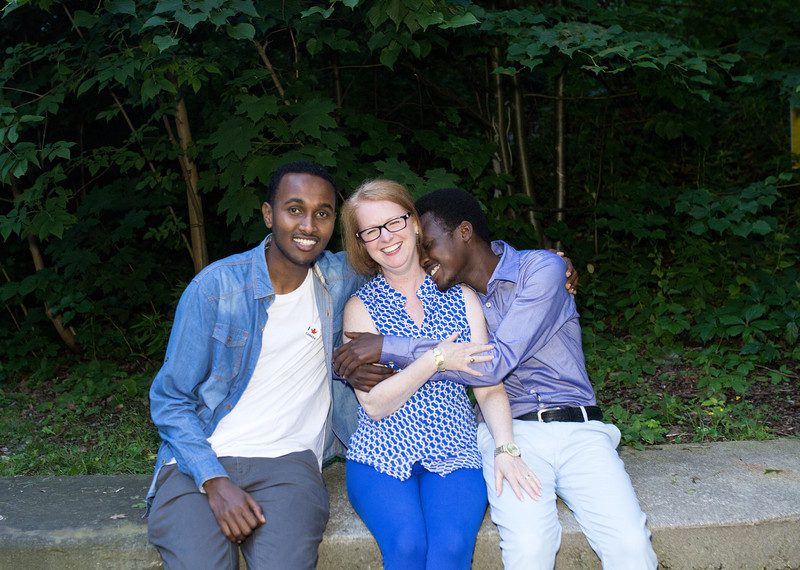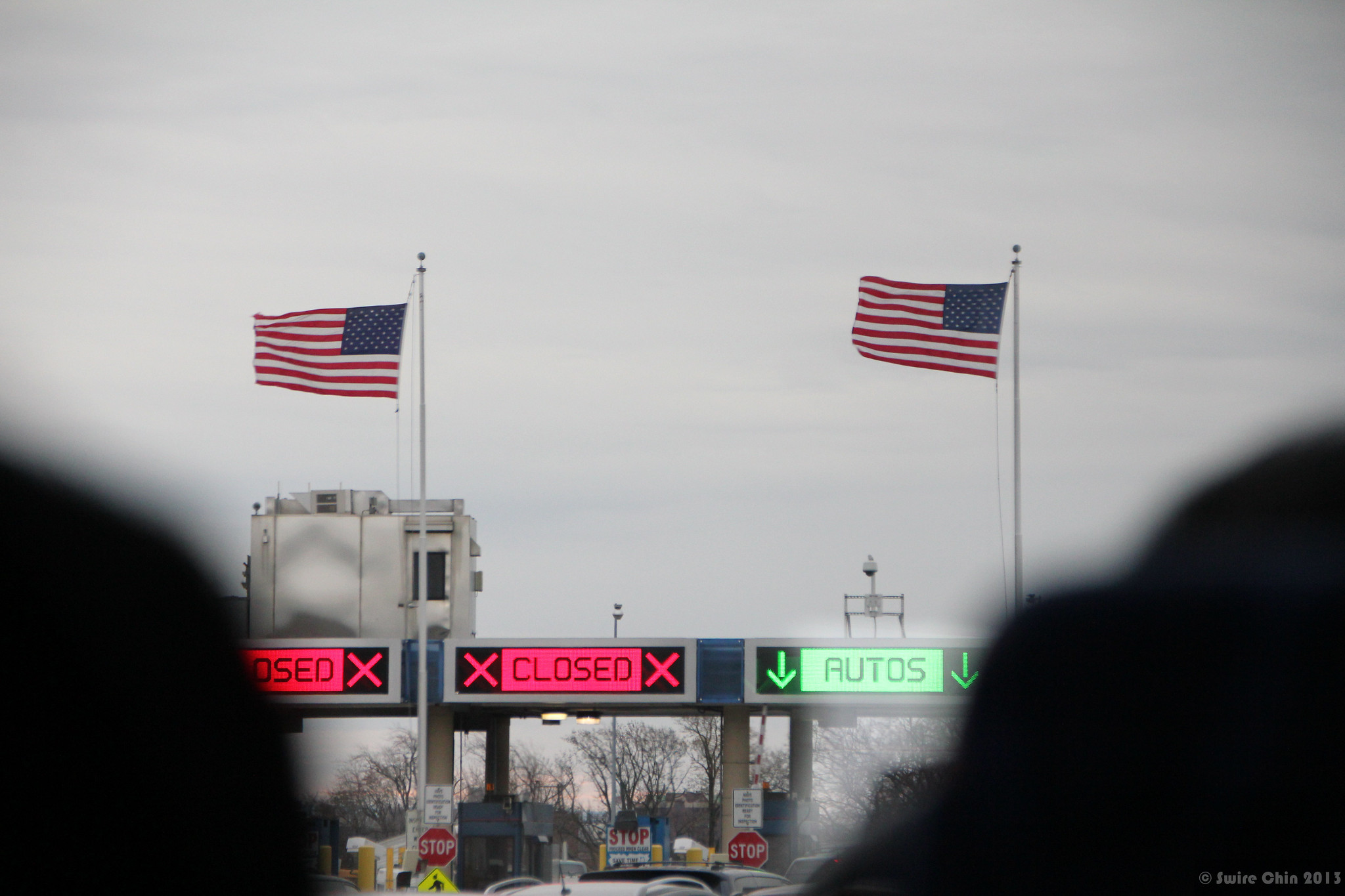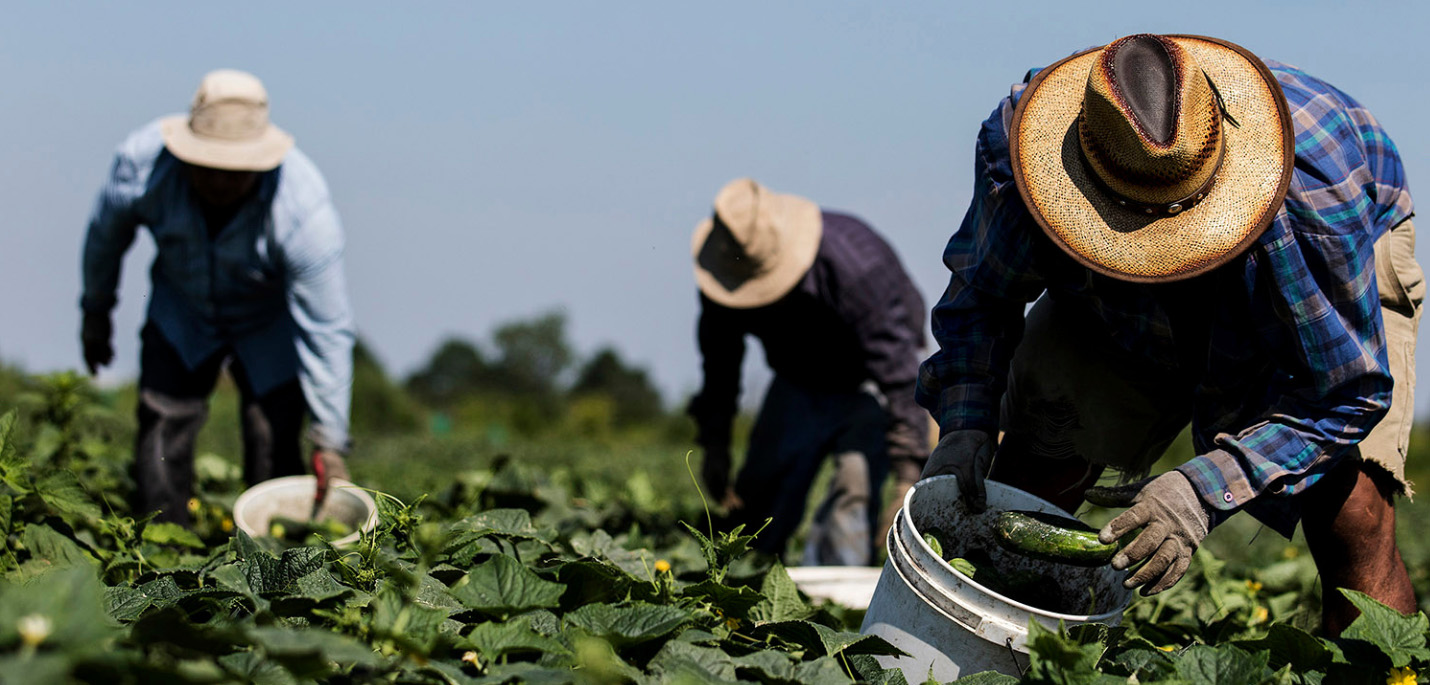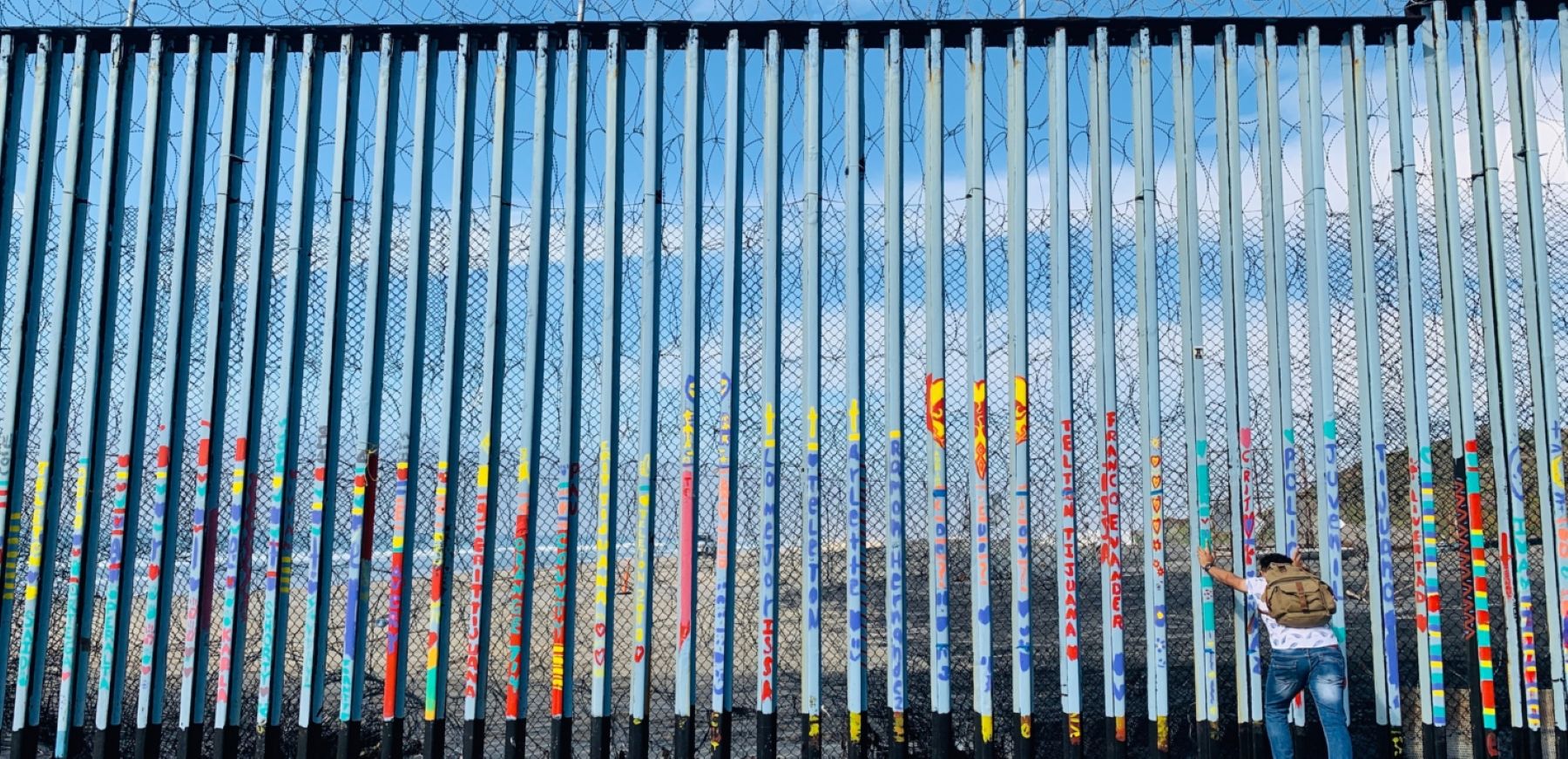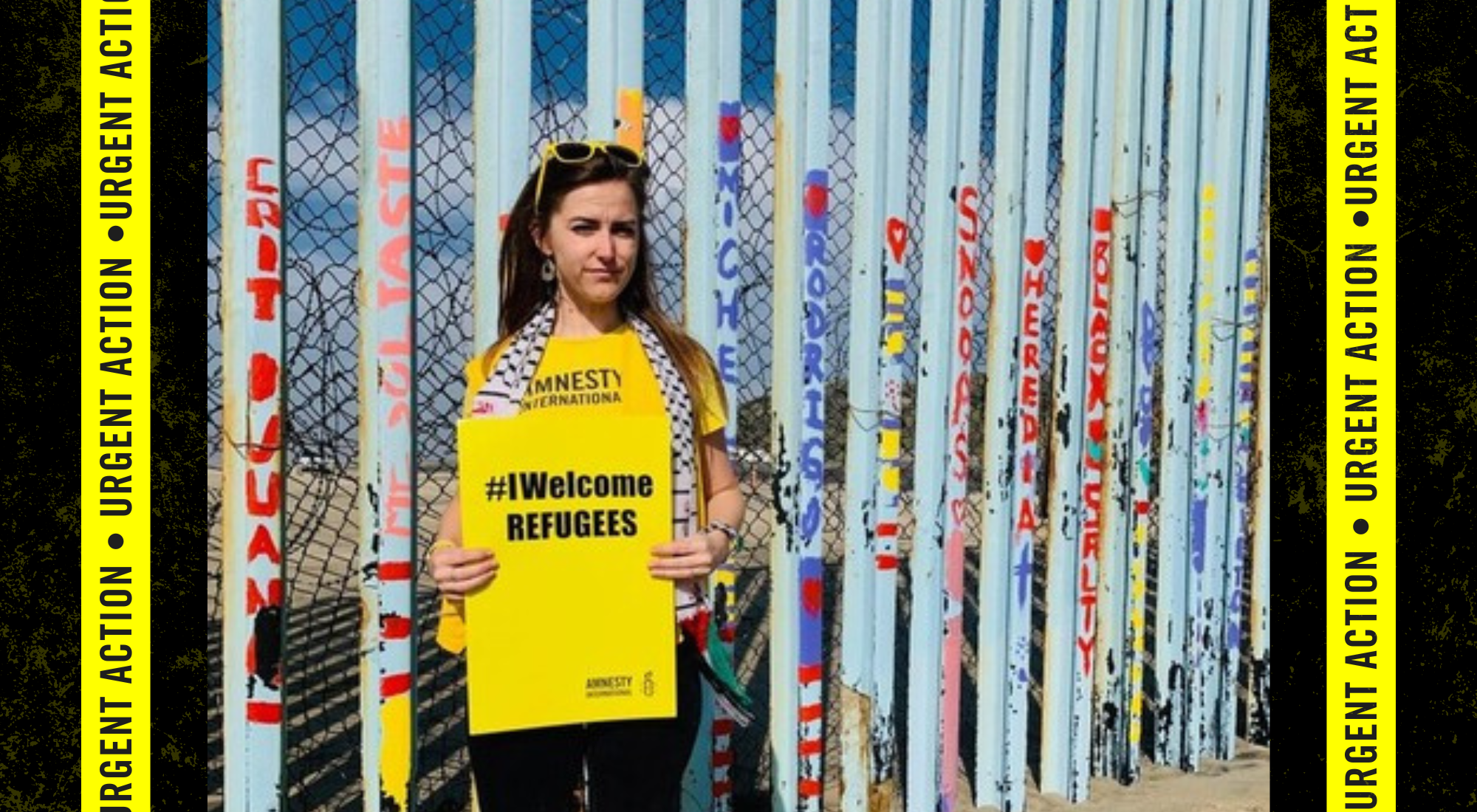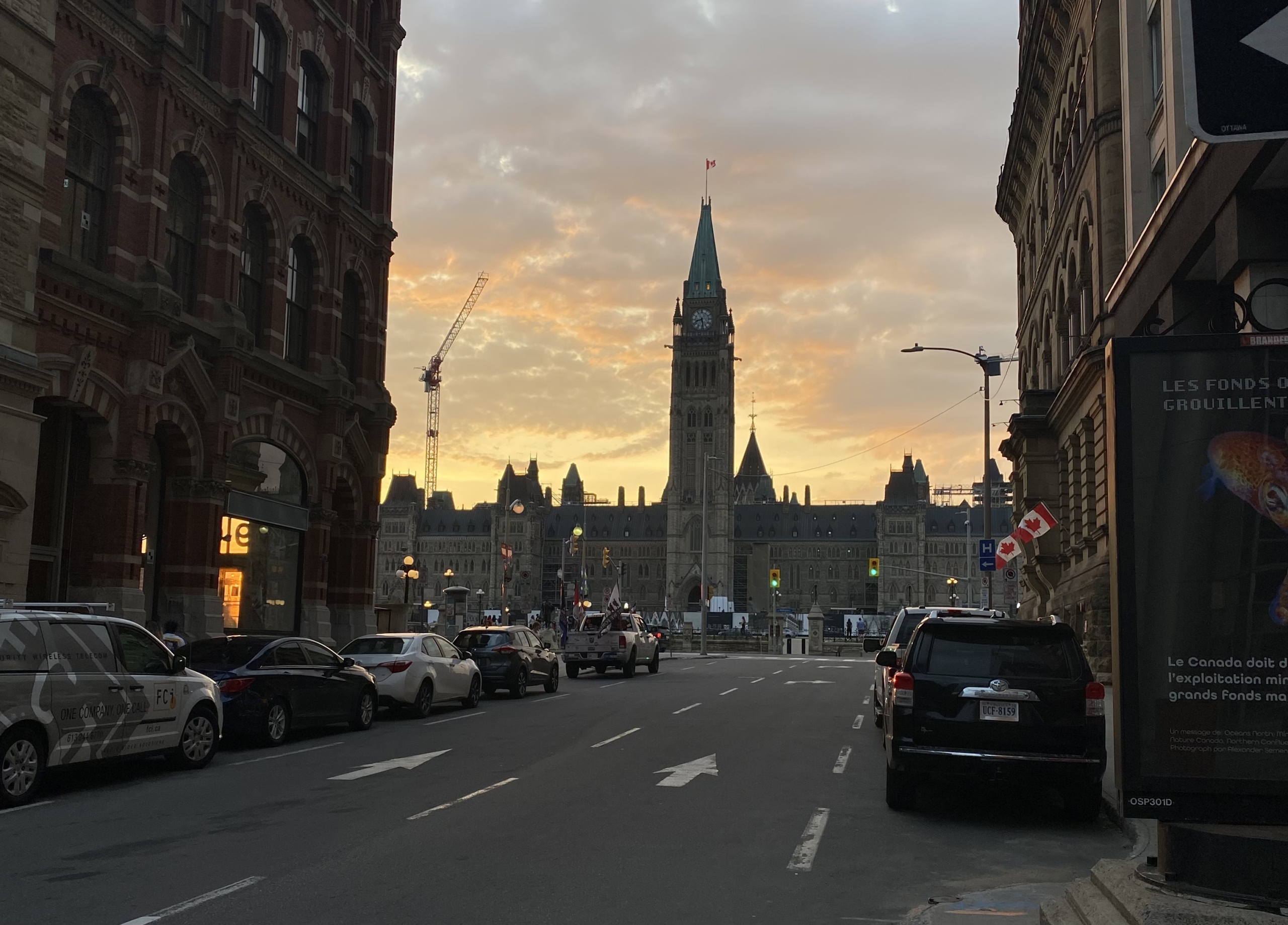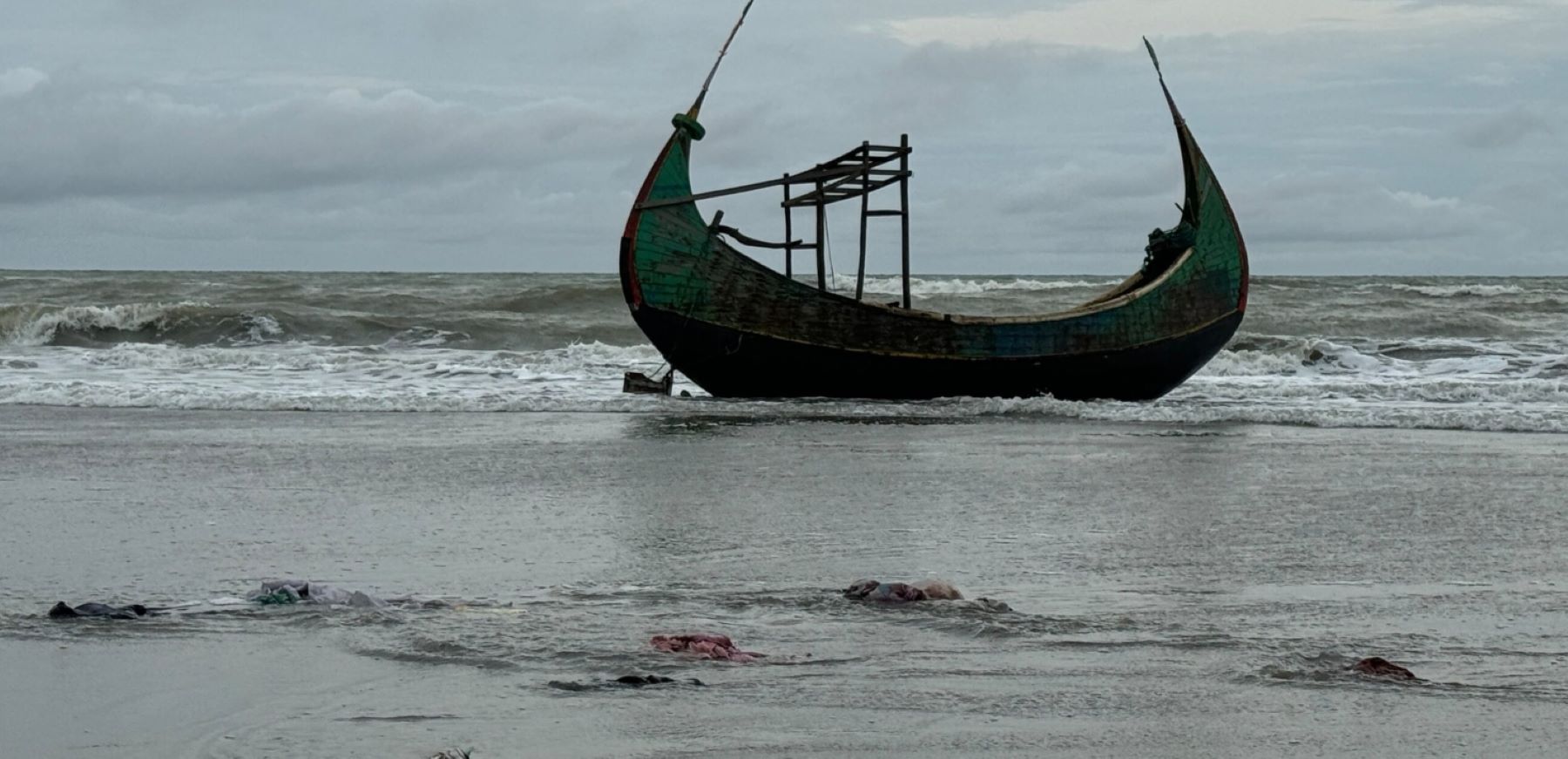Every single minute of every day, 20 people around the world make one of the most difficult decisions of their lives. They leave their homes to escape war, persecution or fear in search of a safer, better life. World Refugee Day 2025 on June 20 is a day to honour the people who make that difficult choice.
At the end of 2024, 123.2 million people worldwide were forcibly displaced from their homes or were stateless. They fled because of persecution, war, violence, and human rights violations. This is an increase of 7 million people or 6 per cent compared to the previous year, propelled by war in Ukraine, Gaza, the Democratic Republic of the Congo, Sudan and other deadly conflicts.
Each year, one in every 67 people is forced to flee their home. World Refugee Day 2025 honours those who make this perilous journey.
There are also millions of stateless people in the world who are denied nationality and access to basic rights such as education, healthcare, employment, and freedom of movement each year. In the 2021 census, 3,560 persons in Canada reported being stateless or lacking any citizenship.
Regardless of their status in a country, both regular and irregular migrants have human rights, including the right to freedom from slavery and servitude, freedom from arbitrary detention, freedom from exploitation and forced labour, the right to freedom of assembly, the right to education for their children, equal access to courts and rights at work.
There are many reasons why people around the globe seek to rebuild their lives in a different country. Some people leave home to get a job or an education. Others are forced to flee persecution or human rights violations, such as torture. Millions flee from armed conflicts or other crises or violence. Some no longer feel safe and might have been targeted just because of who they are or what they do or believe – for example, for their ethnicity, religion, sexuality or political opinions.
Hope for a better future
These journeys, which all start with the hope for a better future, can also be full of danger and fear. Some people risk falling prey to human trafficking and other forms of exploitation. Once they’re settling in and start building a new life, many face daily racism, xenophobia and discrimination.
Some people end up feeling alone and isolated because they have lost the support networks that most of us take for granted – our communities, colleagues, relatives and friends.
Others are detained by the authorities as soon as they arrive in a new country or are imprisoned later on administrative immigration-related grounds. Canada is no exception.
